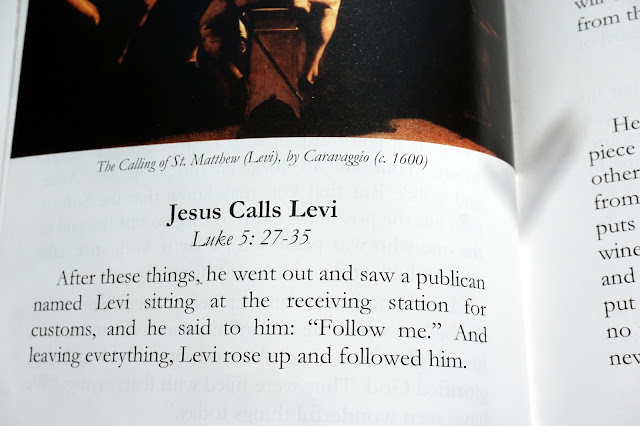Is your prayer life stuck in a rut? It's time to reconsider your habits. Developing healthy prayer habits can make all the difference. Here are some important practices and habits I've learned in recent years--I wish someone would have taught me these when I was a boy. But it's never too late to learn or develop good habits.
These are the 11 essentials that have transformed my prayer life--and could do the same for yours.
1. Go to bed on time the night before.
Morning is the best time to pray. A good 15 to 30 minutes of morning mental prayer places God first, helps you to avoid sin and practice the virtues throughout the day, and it lays the groundwork for praying without ceasing throughout the day.
There's also a chance that your house will actually be quiet in the morning, which will help.
But to pray well in the morning, you'll also need to be well-rested. And this means going to bed on time the night before. (Or you'll be sleepy like these Apostles.)
2. Get up early.
Set your alarm early enough so you can have 15 to 30 minutes of quiet morning prayer. And the moment your alarm rings, get up. No excuses. No snoozing.
Make this your very first prayer of the day: a spiritual offering to God of your sacrificed sleep.
Get up every day like this for a month and it will become a habit.













